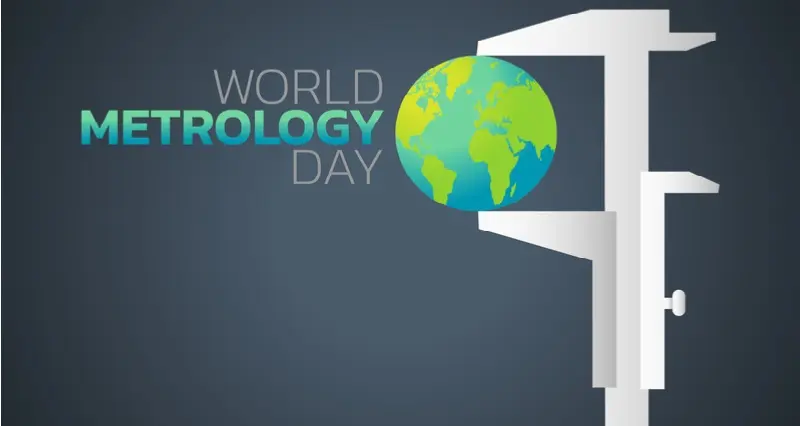In a landmark move that holds the promise of transforming healthcare accessibility and quality, the Cabinet Secretary for Health, Nakhumicha S. Wafula, embarks on a working tour of health facilities in West Pokot. This tour serves as a pivotal step towards assessing the needs of these crucial institutions, but it also unveils a visionary initiative that has the potential to reshape the healthcare landscape in Kenya.
The tour not only showcases the government’s commitment to the well-being of its citizens but also highlights a strategic digital transformation that is set to revolutionize healthcare services across the country. At the heart of this transformation is the active digitization of health services through the primary health care network – a visionary leap that aims to propel Kenya closer to the goal of achieving Universal Health Care (UHC).
One of the most remarkable aspects of this digital revolution is the equipping of community health promoters with new gadgets. These gadgets serve as powerful tools, allowing these frontline healthcare providers to input crucial data directly into the primary health care network. This data, ranging from patient information to health trends and service utilization, will form the backbone of a data-driven approach to healthcare.
The significance of this digital initiative cannot be overstated. It bridges the gap between remote healthcare providers and policymakers, creating a seamless flow of accurate and real-time information. This, in turn, lays the foundation for informed decision-making, enabling policymakers to craft healthcare policies that are not only relevant but responsive to the evolving needs of the population.
This digital transformation carries far-reaching implications for the accessibility and quality of healthcare services. With community health promoters armed with data-gathering tools, healthcare interventions can be more precisely targeted. This ensures that resources are allocated efficiently, and interventions are tailored to address the specific health challenges faced by communities. Ultimately, this leads to more effective healthcare delivery, reduced inefficiencies, and enhanced patient outcomes.
At the heart of this digital leap is the goal of achieving Universal Health Care, a vision that resonates deeply with Kenyans. By harnessing the power of technology to gather accurate and real-time data, the government is not only working towards increasing access to healthcare services but also improving the overall well-being of its citizens.
Additionally, the digitization of health services has the potential to reduce the burden on individuals seeking medical care. With accurate health data readily available, diagnoses can be made more efficiently, treatment plans can be tailored to individual needs, and medical histories can be accessed with ease. This streamlines the healthcare process, making it more patient-centered and less daunting for those in need.
As the Cabinet Secretary for Health takes this crucial step towards digitizing healthcare services, Kenya inches closer to achieving a healthcare system that is accessible, efficient, and responsive to the needs of its people. The digital revolution holds the promise of not only transforming how healthcare is delivered but also how it is experienced by every Kenyan. With this initiative, the nation takes a bold stride towards ensuring the well-being of its citizens, underscoring the government’s unwavering commitment to the journey towards Universal Health Care.







